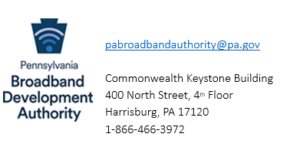State medical licensure requirements are often cited as a barrier to adopting telehealth due to the administrative steps needed to obtain licensure for provision of out-of-state telehealth services (OOS-TH). State-level policies to address these barriers include licensure compacts (e.g., the Interstate Medical Licensure Compact [IMLC]) or adoption of limited telehealth licenses. The IMLC – conceptualized in 2013 – is the most common approach. States and territories authorize participation in the IMLC through state legislation, and eligible physicians obtain licenses in participating states through expedited information-sharing. Many states relaxed licensure restrictions during the COVID-19 public health emergency (PHE). This brief seeks to classify the changes in telehealth-related policies pertaining to physician medical licensure for use of OOS-TH that occurred between 2018 and 2022.
Among findings are that 23 states were part of the IMLC prior to 2018 and 14 states joined between 2018 and 2022. Between July 2022 and October 2022, most of those 47 states further relaxed their telehealth licensure policies (distinct from their participation in the IMLC) by accepting an OOS medical license for a physician in good standing from another state or establishing an expedited approval process for an OOS provider.
Please click here to read the brief.
Rural Telehealth Research Center
Rural Telehealth Research Center, University of Iowa, 200 Hawkins Drive, 1008 RCP, Iowa City, IA 52242
Email: rtrc-inquiry@uiowa.edu
www.ruraltelehealth.org



